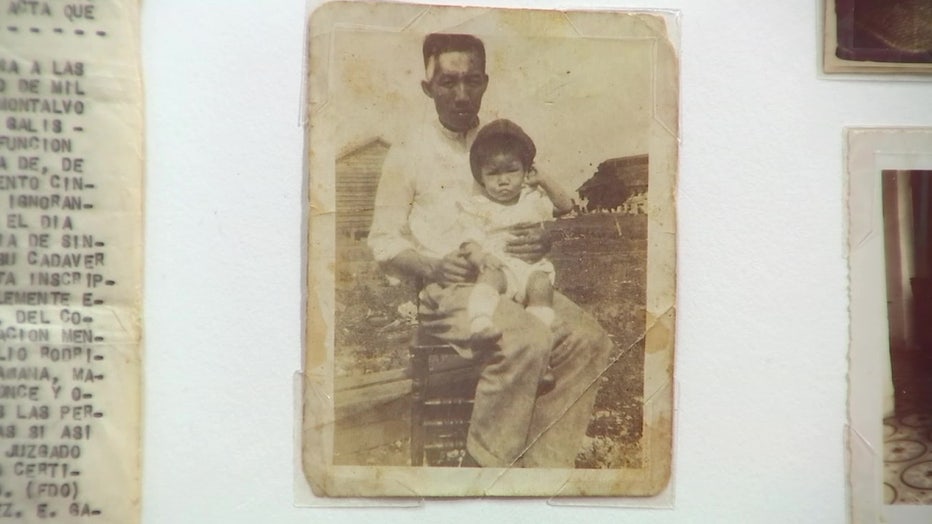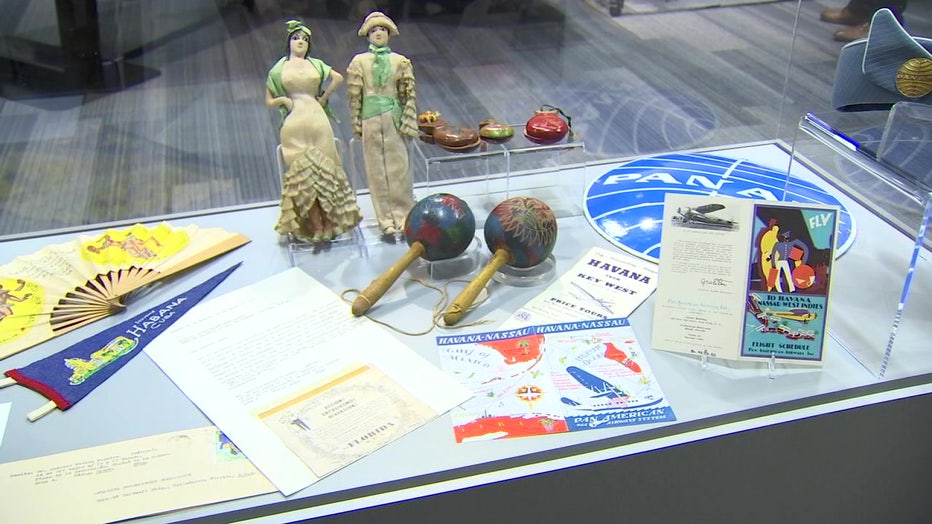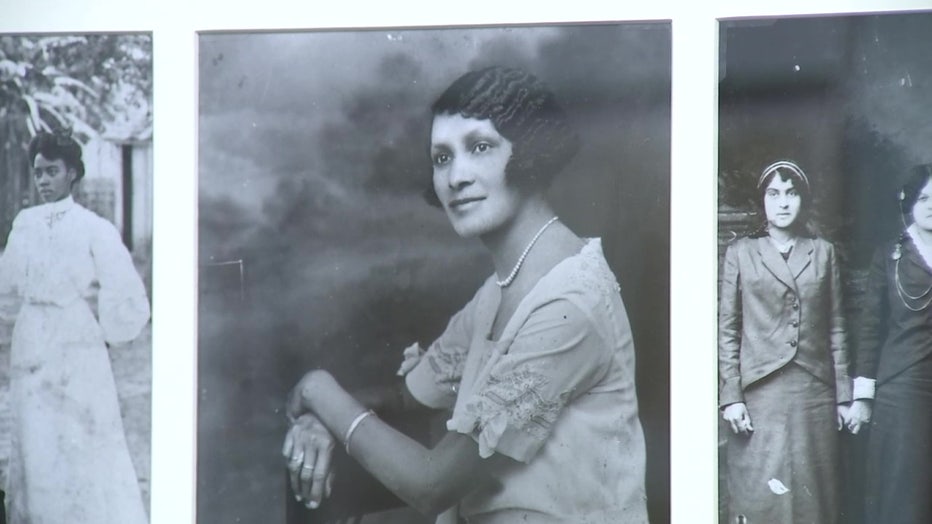500 years of Cuban stories on display at Tampa Bay History Center
TAMPA, Fla. - Throughout history and into the present day, Cuba and the Cuban people have had a profound impact on Florida, especially Tampa. That history of Cuban struggle and triumph is now on display at the Tampa Bay History Center.
At the center of many historical and modern Cuban stories is immigration.
Last year, a chug boat made from blue tarps, aluminum tubing and spray foam, powered by an old Soviet Diesel engine, landed in the Florida Keys with 12 Cubans onboard.
"The reason they called them chug boats is that this engine and others used in vessels like this made the ‘chug, chug, chug’ sound as they crossed the Florida Straights," explained Brad Massey of the Tampa Bay History Center.
Massey and his team acquired the vessel to become part of "Cuban Pathways," a new exhibit at the history center on Water Street in downtown Tampa.

There are many other items that help chronicle 500 years of Cuban history, including the island’s deep connection with Tampa.
Thousands of Tampa residents can trace their roots to cigar workers, many of whom were immigrants from Cuba.
Some details covered in the exhibit are not well known, like the stories of Chinese Cubans who were brought to the country in the 1800s as indentured workers for sugar plantations.
They were nearly all men, and many started families on the island.
"There are a lot of Cubans that have Chinese ancestors," said Massey. "You just wouldn’t know it until they tell you."

The exhibit also tells the history of Afro Cuban women who made theirs voices heard in Tampa.
Paulina Pedroso was a prominent advocate for Cuba’s revolution for independence from Spain.
"She’s also out there fundraising for the revolution and then also fighting against Jim Crowe-era racism here in the United States," Massey said.
In those days, steamboats ran between Tampa and Havana. The connection was closed when Fidel Castro took Cuba over in 1959, closing off families separated by only about 300 miles of water.

"For a lot of Tampa Cubans, they had family members who came over long before Castro came to power," Massey said.
But even those with a wide knowledge of the Tampa-Havana connection will find something new to discover in this exhibit.
"Cuban Pathways" is open at the Tampa Bay History Center for a year-long run. They hope to take the exhibit to other cities after that.
For more information visit www.tampabayhistorycenter.org.


